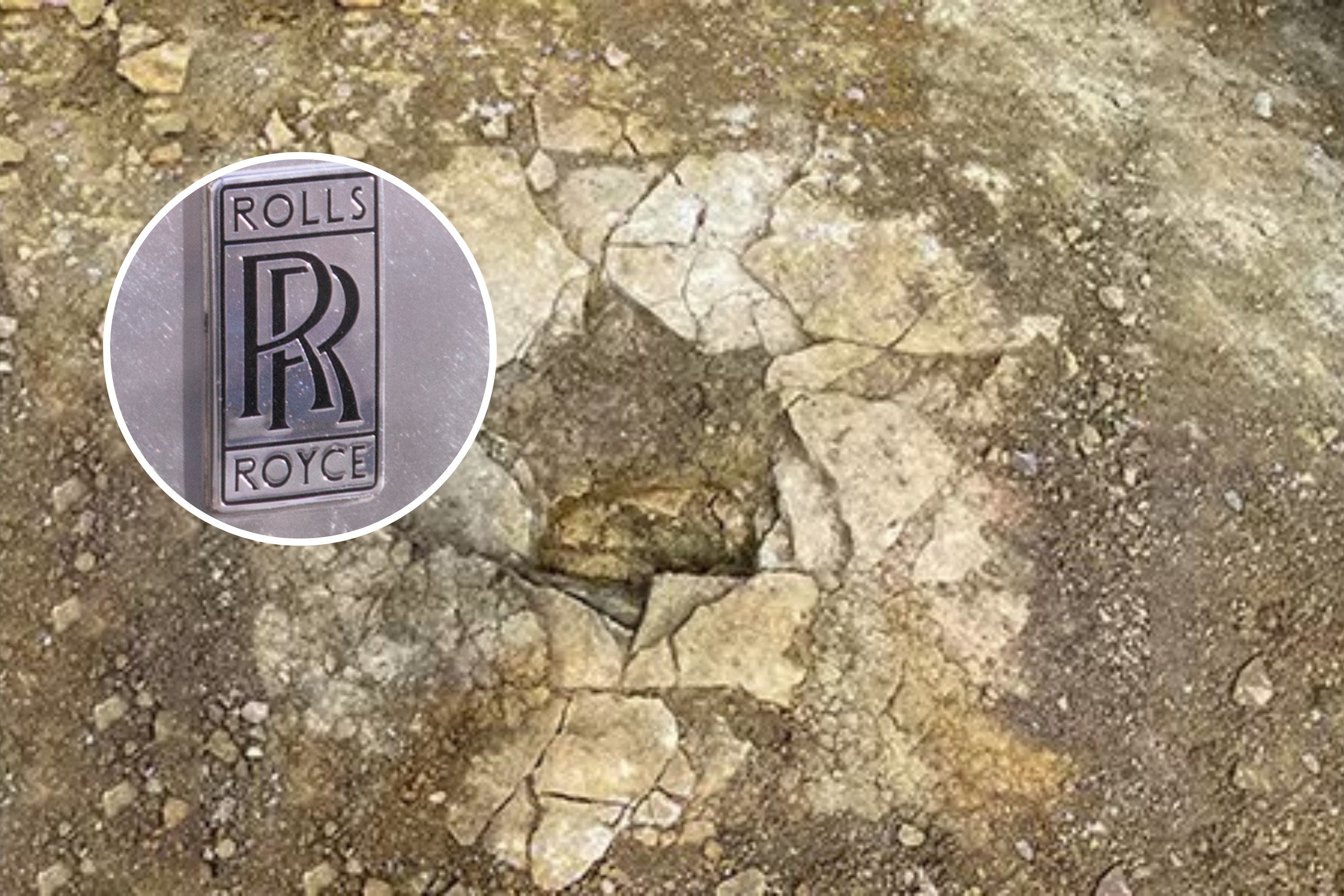
'REMARKABLE' PREHISTORIC SETTLEMENT DISCOVERED AT ROLLS-ROYCE SITE
A site owned by British aerospace and defense firm Rolls-Royce has yielded "remarkable" archaeological discoveries.
During ongoing infrastructure improvement works at the Filton site in Bristol, southwestern England, archaeologists uncovered the remnants of a small prehistoric settlement, as well as human remains from the Roman era.
The finds came to light during investigations conducted by AOC Archaeology Group, which carried out trial trenching work—a means of examining a sample of a site to rapidly check for anything of archaeological significance.
During these investigations, the team identified a double-ditched enclosure that defines the northern end of the prehistoric settlement, along with several postholes and various pottery shards. These finds indicate the former presence of one or more simple small buildings. Postholes are evidence of wooden posts or poles that have decayed.
Besides these remains, the team documented several small pits and a small enclosure, which was likely used for keeping animals.
To the north of the double-ditched settlement, the archaeologists found the remains of an individual who is thought to have lived during the Roman era.
The archaeologists think that, given the quick and impersonal nature of the burial, the person was not well known to the people who had settled in the area during this period or might even have been a criminal.
"The discovery of a small prehistoric settlement and human remains was certainly unexpected and has been an exciting chapter in our Bristol site improvements, sparking curiosity and enthusiasm among our team," George Mitchell, Rolls-Royce's vice president of infrastructure, U.K. & Ireland early life cycle defense, told Newsweek.
"These remarkable findings came to light during ground remediation efforts, which involved clearing pollutants accumulated from decades of engine manufacturing and testing. We're excited to see what else the archaeology team can learn about the settlement as a result of these findings."
The remains collected from the site are being processed and cleaned by archaeologists, and will ultimately be stored in a local museum. Fieldwork is still ongoing, and further analysis will reveal more details about the finds, as well as the site in general.
"These archaeological findings have added to the rich history of the Filton site, a location that has stood through the trials of the Second World War. The team in Bristol are now looking forward to building on this momentum and continue to upgrade and invest in the future of the site," Daniel Lock, Rolls-Royce group property program executive, said in the release.
Do you have a tip on a science story that Newsweek should be covering? Do you have a question about archaeology? Let us know via [email protected].
Correction 09/06/24, 12:07 p.m. ET: This article was updated to reflect the fact that the Rolls-Royce in question is the developer of complex power solutions, not the luxury car brand of the same name.
Update 09/09/24, 4 p.m. ET: This article was updated with comment from George Mitchell.
2024-09-06T13:01:52Z dg43tfdfdgfd